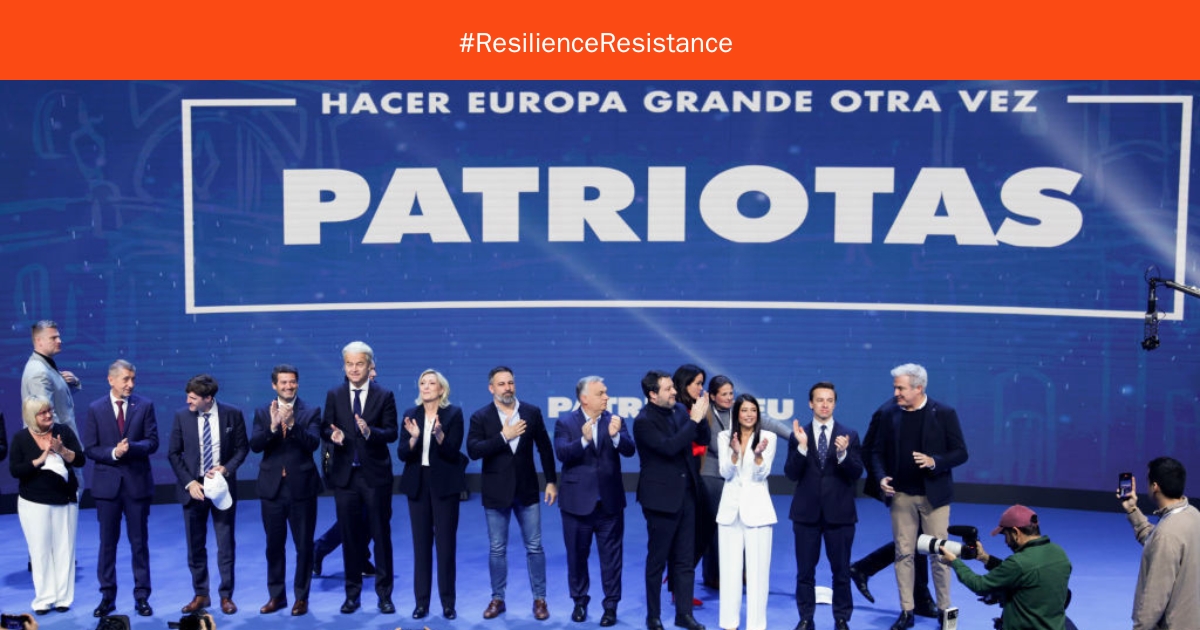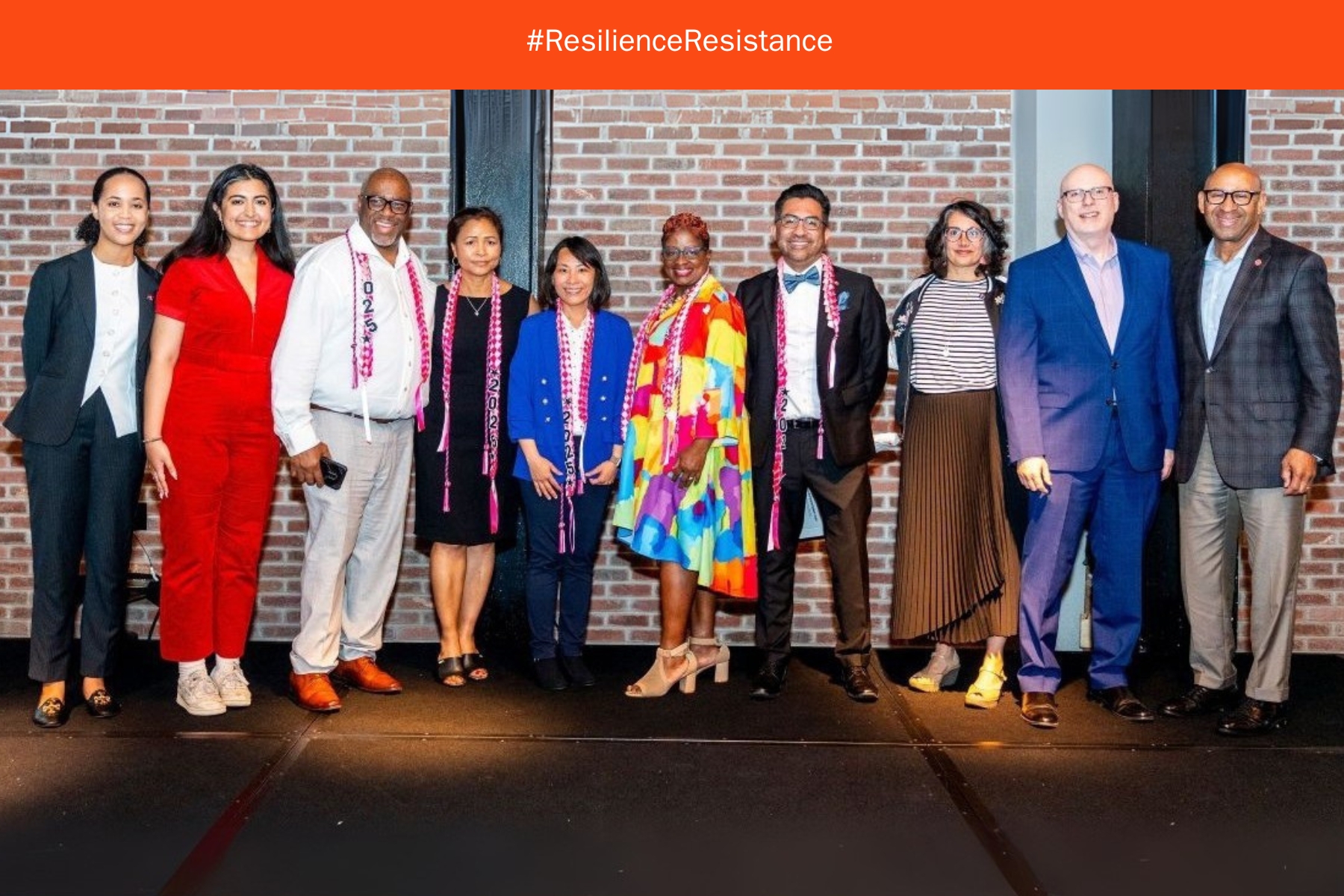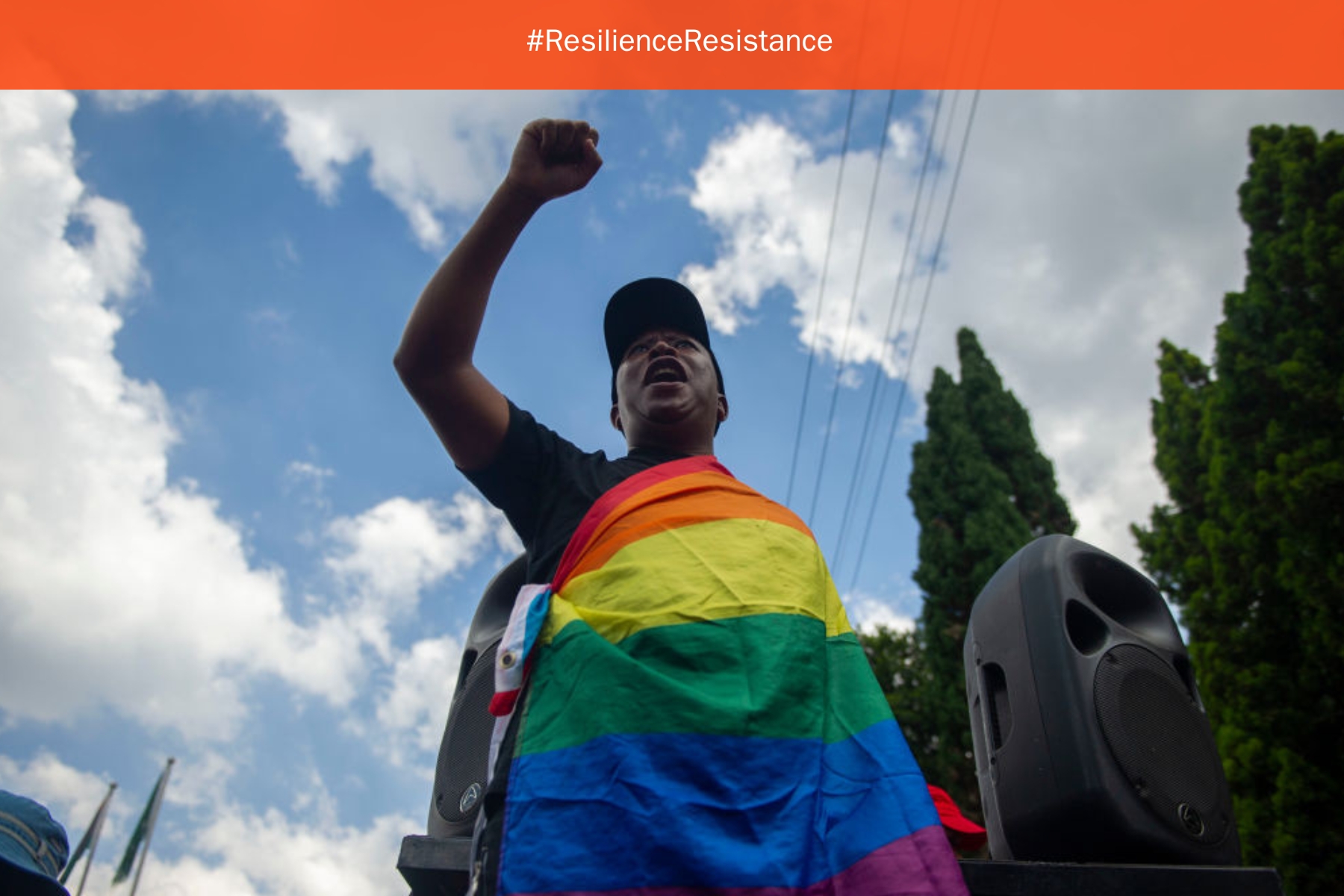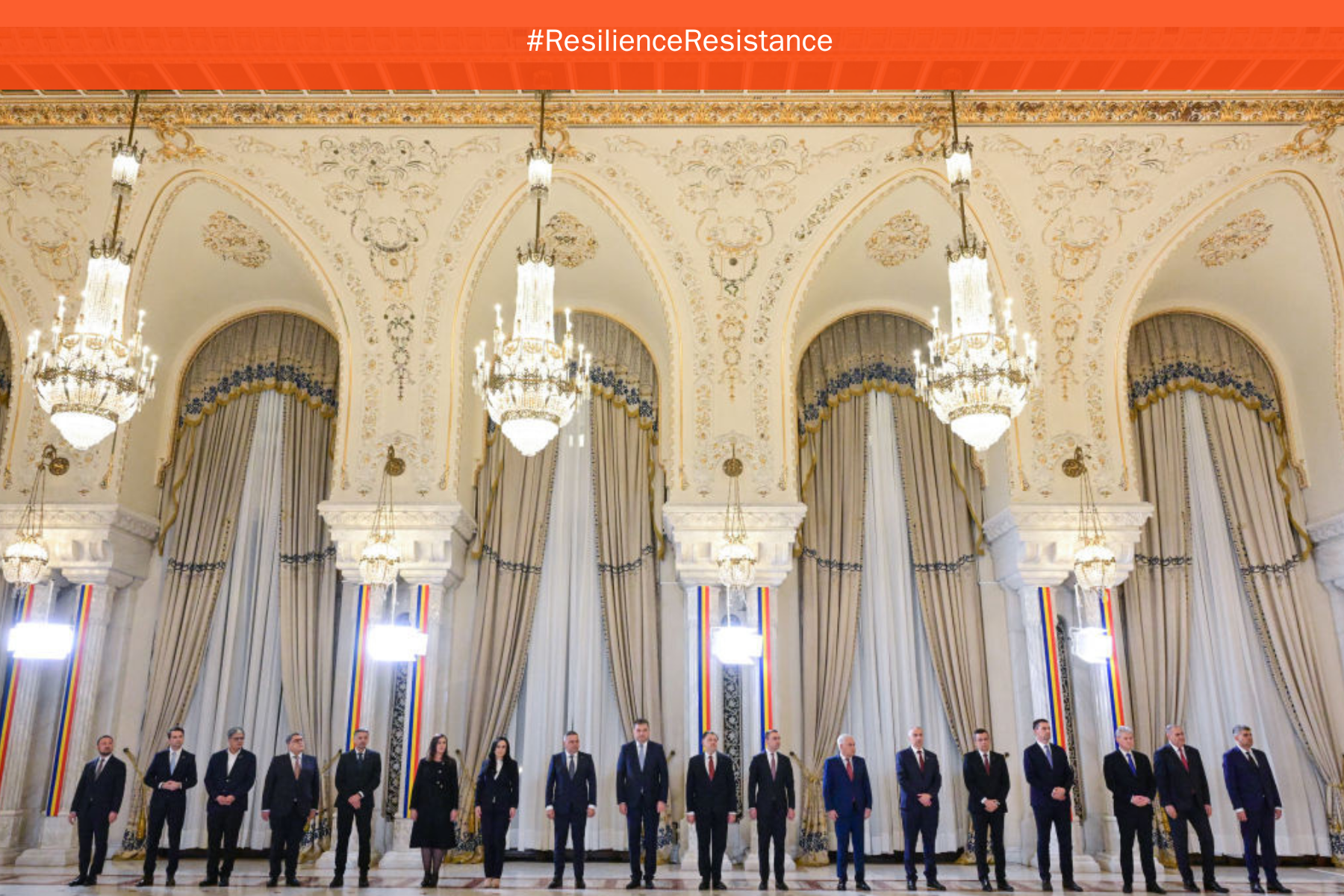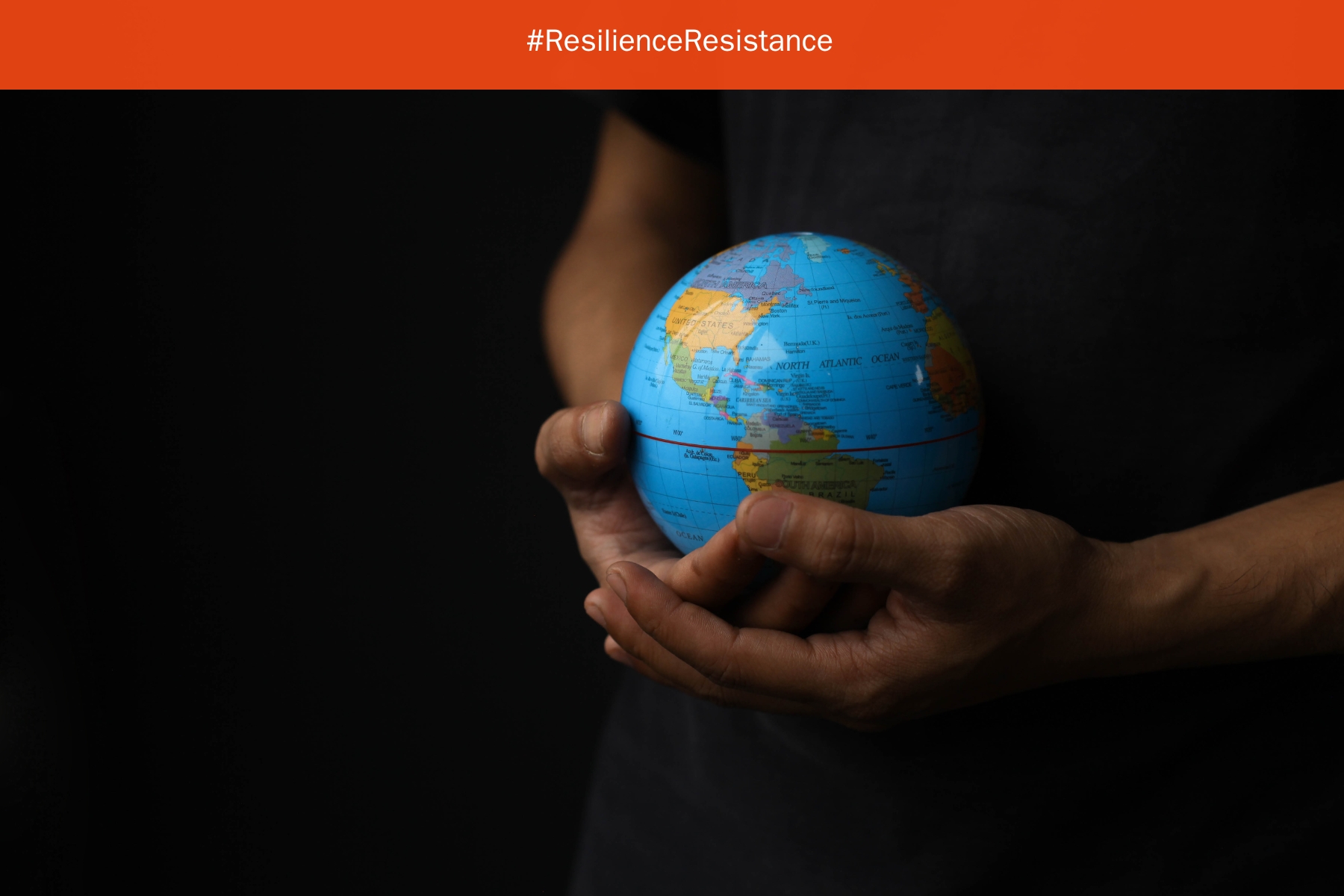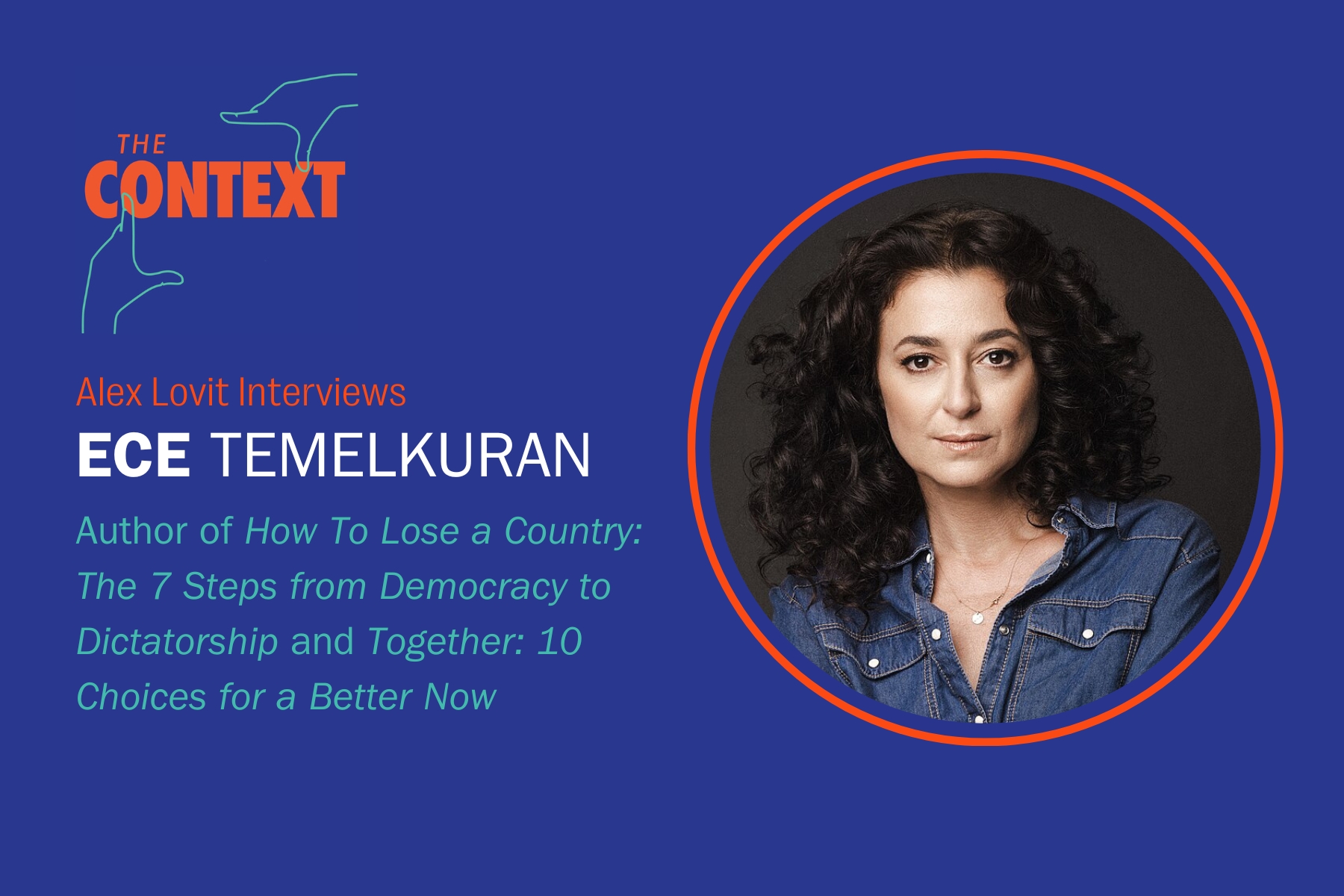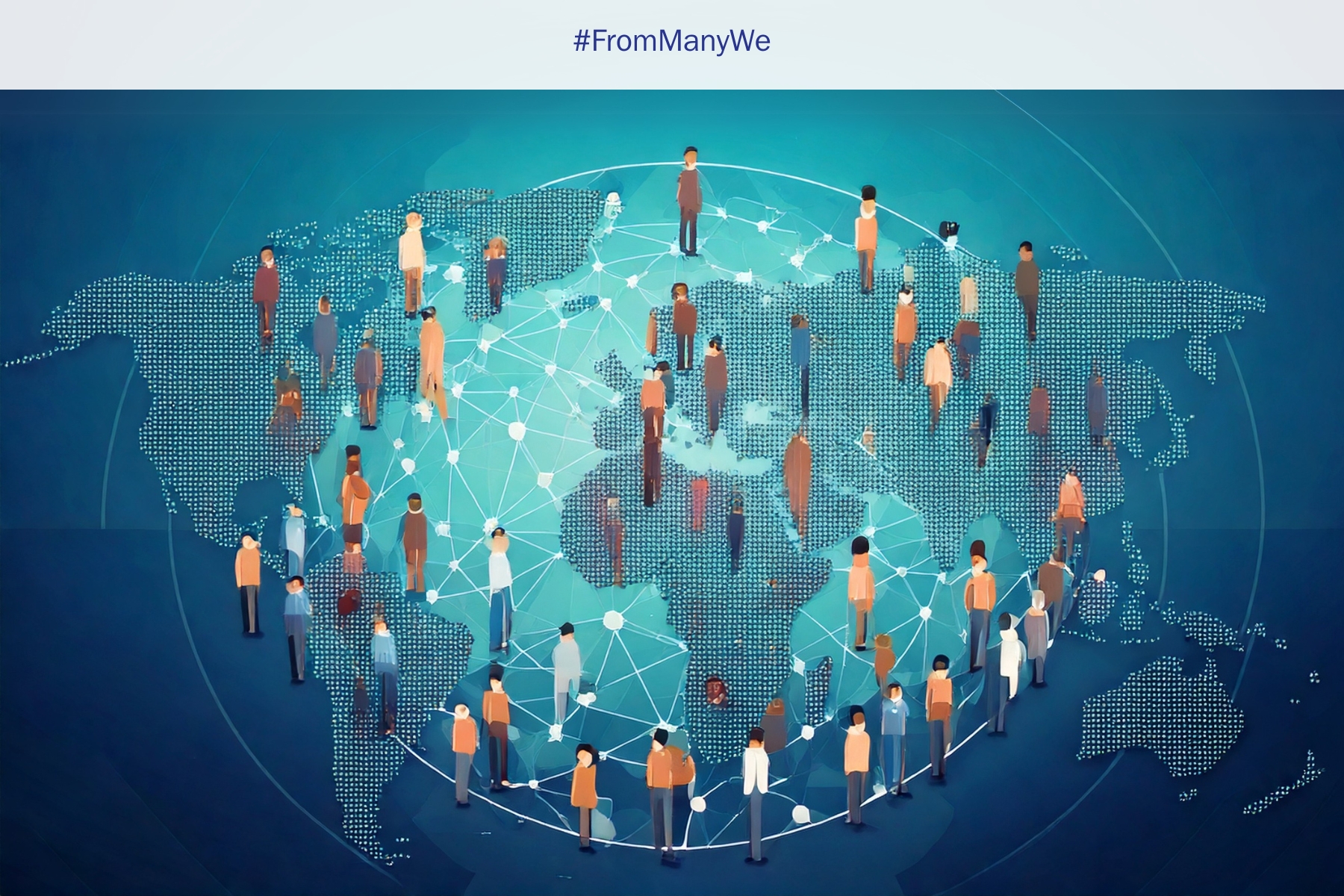Building Pro-Democracy Coalitions: Lessons from Brazil
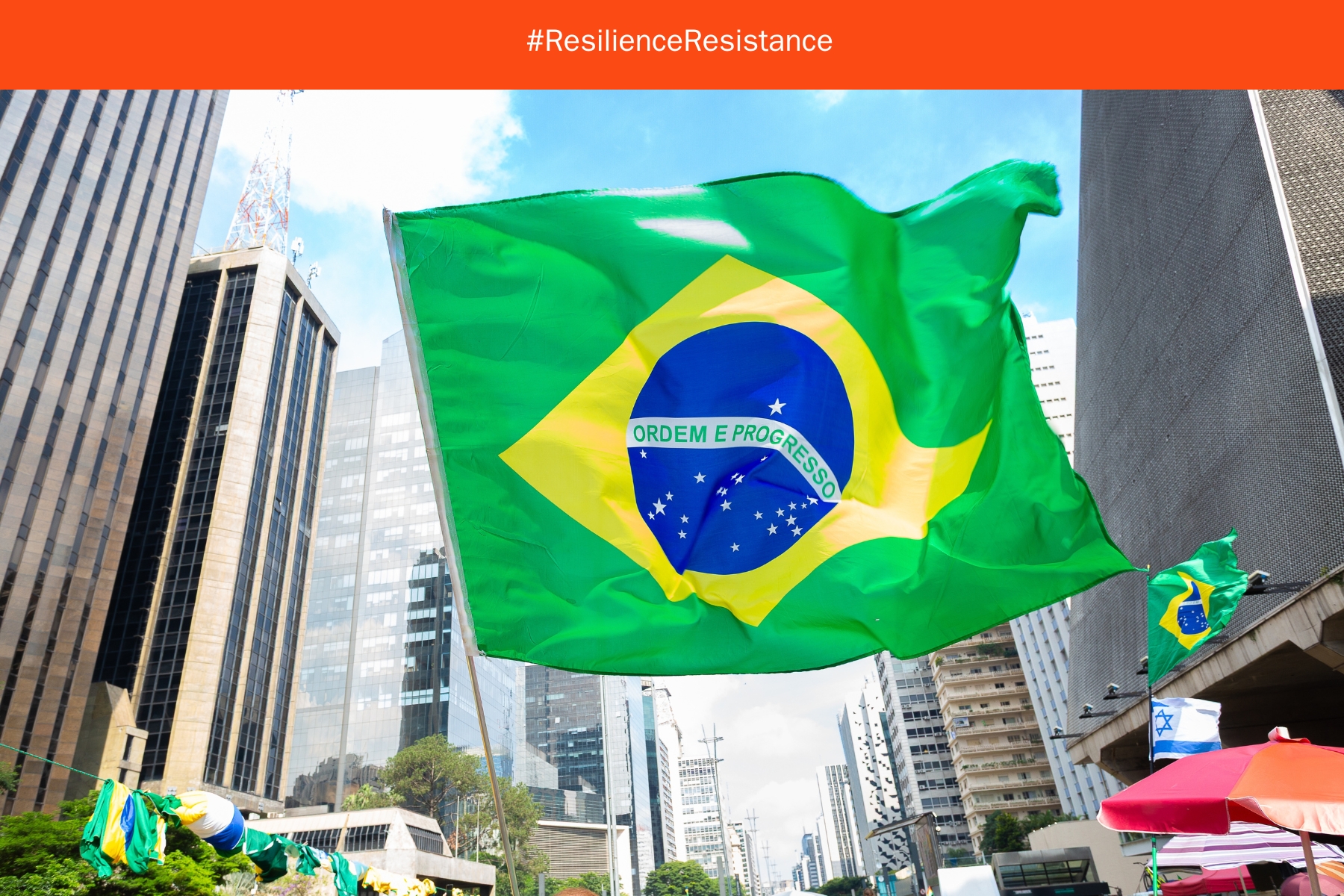
Across the globe, democracy is in retreat. From Hungary to India, the United States to the Philippines, elected leaders have used the tools of democracy to slowly dismantle its foundations from within. According to the Varieties of Democracy Institute’s 2025 report, more than 70% of the world’s population now lives under autocratic regimes, and for the first time in more than two decades, electoral autocracies outnumber liberal democracies. The global democratic recession is no longer a forecast—it is the reality we face.
In this urgent context, local solutions with global potential deserve a spotlight. One such model is Brazil’s Pacto pela Democracia, a broad civil-society coalition formed to safeguard democracy in one of the world’s most turbulent political environments. Pacto’s experience offers practical lessons in how diverse actors—across ideological, geographical, and generational divides—can unite to defend democratic institutions and values.
Acting Before the Storm
Pacto pela Democracia was established in 2018, but its roots stretch back to 2016, when Brazil was grappling with political turmoil following the impeachment of President Dilma Rousseff. Civil-society leaders recognized the warning signs of democratic backsliding—rising political violence, institutional mistrust, and polarization—and began meeting to discuss political reforms and civic engagement.
As the situation worsened, the group evolved into a broader, more structured coalition. This means that Pacto was not created in response to a single authoritarian figure, but rather as a preemptive effort to guard against the spread of authoritarian tendencies. By the time an autocratic-leaning president was elected, Pacto had already earned legitimacy as a space for coordination and resistance. Its goal is to defend, strengthen, and advance the democratic rule of law in Brazil.
Therefore, one of the most important lessons learned is that defending democracy ideally must begin before it comes under full attack. Creating coalitions early—during what scholars call the “pre-autocratization” phase—allows trust to develop, procedures to be tested, and responses to be coordinated before political space narrows. In Brazil, Pacto’s early founding positioned it to play a key role in countering an autocratic government, safeguarding the integrity of elections, and mobilizing national and international support for democratic outcomes.
The Power of Pro-Democracy Coalitions
Pacto embodies a core democratic truth: no single actor can protect democracy. Coalitions bring together civil-society organizations, advocacy groups, journalists, academics, and even private sector actors under a shared goal: upholding the democratic pact.
These alliances expand the capacity for strategic action. They foster what Pacto calls “collective intelligence”: shared knowledge, wider political access, and deeper public influence. With more than 200 members, the coalition’s strength lies in its diversity—uniting progressives and conservatives, large national NGOs and local grassroots groups—all committed to protecting the conditions that allow each to pursue their specific missions.
A pro-democracy coalition must be nonpartisan and capable of dedicating its efforts to what is vital for the functioning of a democratic system. It must distinguish between the nonnegotiable structures and processes of a democracy and policies or programmatic agendas. It must be able to bring together, engage in dialogue with, and mobilize actors from the democratic field across the political spectrum. In this way, the functioning of the democratic system and the rule of law become their main common ground.
That is why the Pacto collective works to ensure that Brazilian democracy is fully structured and operational while its values and rules are respected, improved, and effectively implemented. Meanwhile, its members and other social actors continue to lead work on programmatic agendas that are integral to the consolidation and deepening of any democracy.
Pluralism as a Democratic Strategy
In deeply polarized societies, unity across divides can feel impossible. Yet Pacto demonstrates that ideological and sectoral plurality is not a liability—it is a strategic advantage. Pluralism is not just a feature of strong democracies, it is a precondition for their survival. The breadth of voices enables coalitions to build legitimacy, deepen societal reach, and respond to threats with nuanced, adaptive strategies.
A coalition’s unity does not require uniformity. Instead, it functions on a shared commitment to the democratic pact while allowing space for different agendas, methods, and opinions. It demonstrates, through example, that democracy is capable of housing disagreement without descending into dysfunction. Maintaining a coalition is challenging and requires careful facilitation, transparent communication, and a willingness to prioritize shared values over partisan interests.
In times of democratic uncertainty, pluralism becomes more than a democratic ideal; it becomes a strong democratic strategy.
Building for the Long Haul
Democracy is not a one-time achievement but a continuous process that requires ongoing care, vigilance, and renewal. While authoritarian threats often provoke urgent, reactive mobilization, the real test of a democracy’s health lies in what happens after the crisis subsides. Without long-term commitment, the energy that sustains resistance can fade, institutions can stagnate, and the forces of autocracy can regroup. That is why democratic defense must extend beyond moments of emergency; it must become routine.
Pacto understands this imperative. Over the past decade, the Brazilian political landscape has seen meaningful changes and the coalition developed and adapted the scope of work accordingly: during an imminent democratic crisis (2016–2018); during the most acute phase of an autocratization process (2019–2022); and under a democratic government, where the intense crisis has subsided, but historical and current democratic challenges remain (2023–).
A pro-democracy coalition aiming to operate in the long term must be capable of adapting to the transformations in a country’s political landscape.
Transnational Collaboration
The forces undermining democracy are increasingly coordinated across borders. All over the world, illiberal elected leaders have shared an authoritarian playbook that has proven to be effective in many different countries. In the face of these collaborative threats, pro-democracy coalitions can serve as crucial bulwarks, especially when they also collaborate internationally to share joint strategies and solidarity. The threats are real, coordinated, and transnational. So too must be our response.
Pacto’s journey offers a blueprint and reveals the immense potential of organized civil society in preserving democratic integrity. By forming early, embracing diversity, and committing to shared values, it built a platform capable of both resisting authoritarian drift and promoting democratic renewal. Whether you’re in Nairobi, New Delhi, or New York, the strategies tested in Brazil can help inform the design of your own pro-democracy coalitions.
To learn more about the strategies, lessons, and tools behind Brazil’s pro-democracy movement, download Pacto’s Democracy Handbook: Building Coalitions for Democracy.
Flávia Pellegrino is a political scientist, Pacto pela Democracia’s executive director, and a 2025 Charles F. Kettering Global Fellow.
Resilience & Resistance is a Charles F. Kettering Foundation blog series that features the insights of thought leaders and practitioners who are working to expand and support inclusive democracies around the globe. Direct any queries to globalteam@kettering.org.
The views and opinions expressed by contributors to our digital communications are made independent of their affiliation with the Charles F. Kettering Foundation and without the foundation’s warranty of accuracy, authenticity, or completeness. Such statements do not reflect the views and opinions of the foundation which hereby disclaims liability to any party for direct, indirect, implied, punitive, special, incidental, or other consequential damages that may arise in connection with statements made by a contributor during their association with the foundation or independently.
